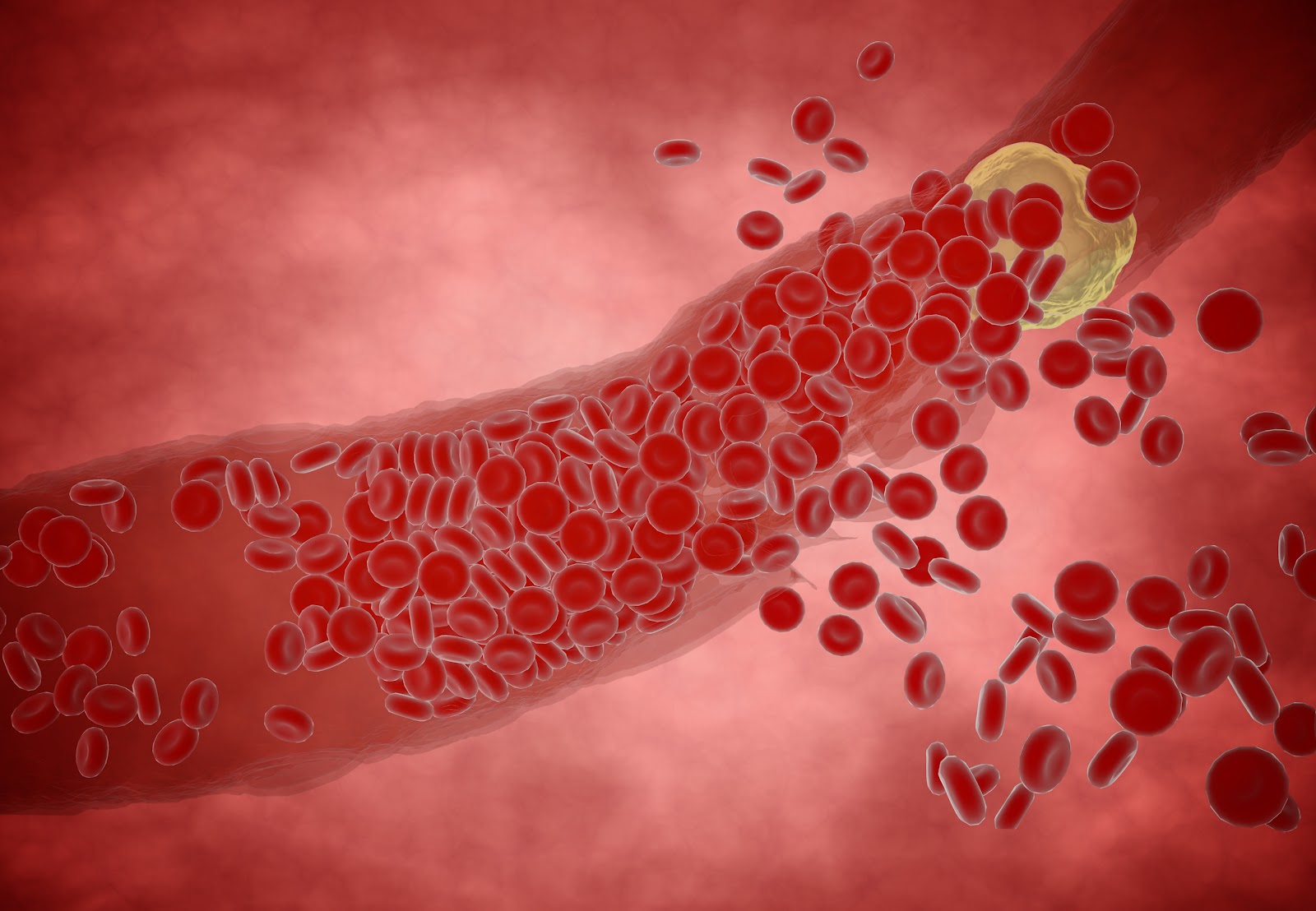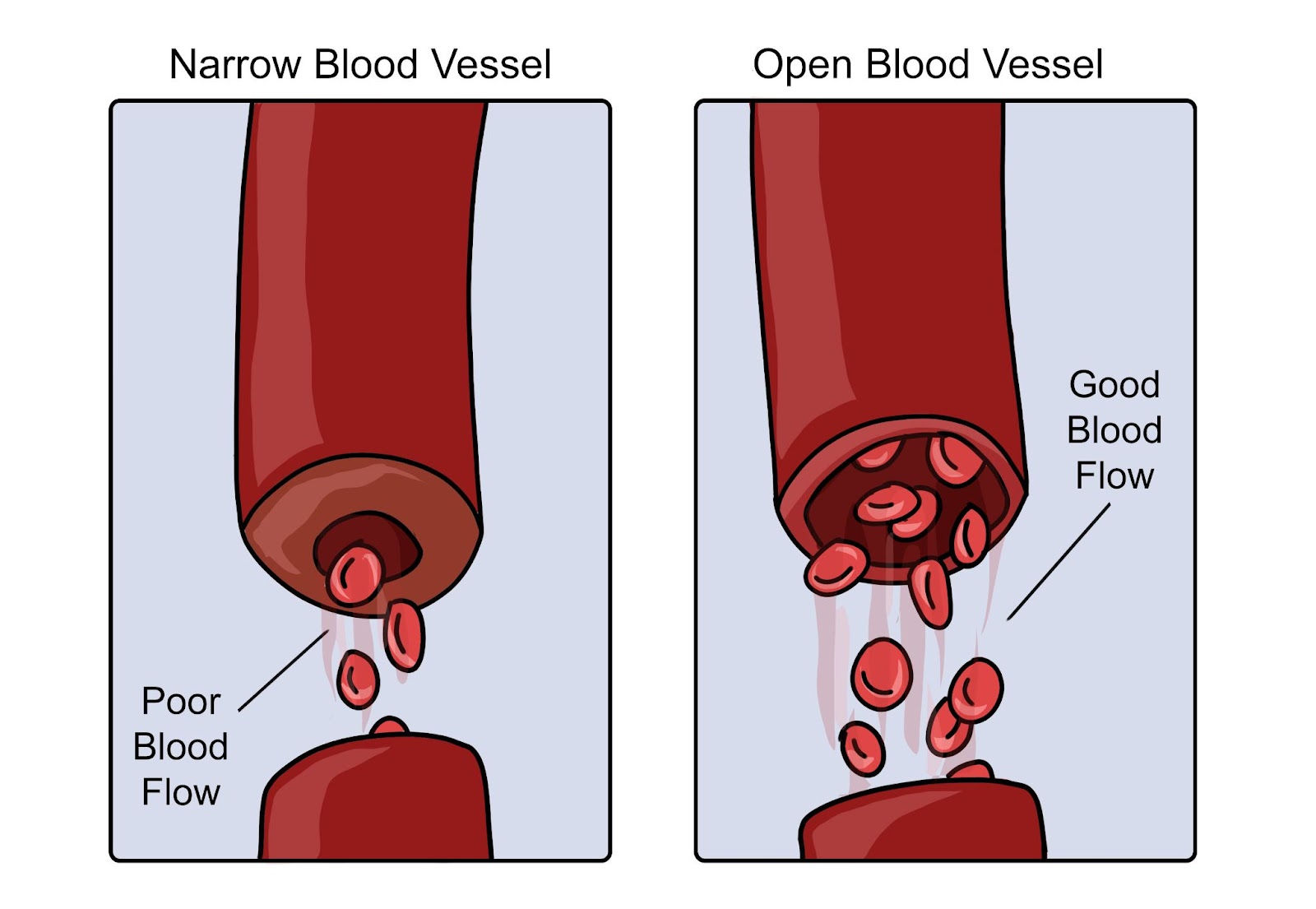Don’t eat these
Unsubscribe | Report as spam | Change email preferences
Trying to build muscle? Don’t eat these oils
Hey, Matt Cook here, and when Big-Food started selling fish oil and grain oil as health products…
…we were promised that great things would happen – the end of inflammation and cardiovascular disease.
But the truth is these are waste products of manufacturing – and they may be the biggest factor playing into modern health epidemics.
These polyunsaturated fats are metabolic toxins which lead to the major causes of death.
In one experiment, researchers found that these fats crush cellular metabolism, turning healthy rats into low-energy rats.
These rats started to store the fats in their tissues – but they also started to turn other nutrients into fats to be stored in the body.
The animal experiments were carried out at Mato Grosso Federal University (UFMT) in Brazil. The paper was published in the British Journal of Nutrition.
The researchers were looking at the effect of n-6 and n-3 fatty acids on the metabolism of fat cells.
These fatty acids come from fish oil (mostly n-3) and vegetable oil (mostly n-6).
“The aim of the present study was to evaluate the effect of diets rich in n-6 and n-3 fatty acids on adipose tissue metabolism.”
The researchers fed groups of young rats different diets for 2 months.
“Starting at weaning, male Wistar rats were fed ad libitum, for 8 weeks with one of the following diets…”
The diets were:
- Rat chow
- Rat chow containing 15% soybean oil
- Rat chow containing 15% fish oil
- Rat chow containing 15% soybean and fish oil (5:1)
All diets had the same amount of protein, only fat and carbohydrate percentages changed.
“Casein was added to the fat diets to achieve the same 20 % protein content as in the control chow.”
The animals ate freely – as much as they wanted.
“Food intake and body weight were measured weekly.”
The researchers tracked their food intake, body weight and other measurements of metabolic activity.
“Tissue lipid and protein content, in vivo lipogenesis rate, uptake of diet- derived lipids, in vitro lipolytic rate, adipocyte area, lipoprotein lipase, ATP citrate lyase, and malic enzyme activities were evaluated.”
The researchers found that the animals given fish oils and vegetable oils ate fewer calories.
And yet they got fatter than animals on the standard diet.
“Energy intake was reduced while body fat content was increased in the three fat-fed groups.”
The researchers discovered that animals fed soybean oil were accumulating the fats from that oil in their fat tissues.
It was being stored, not being used for energy.
“The uptake of diet-derived lipids was elevated by the diet soybean oil in both types of fat tissues.”
The researchers also believe that there was an increase in lipogenesis.
Lipogenesis is the creation of new fat from carbohydrates.
When given these unsaturated fats the rats turned their dietary carbohydrates into fat which was then stored as body fat.
“These metabolic alterations may have contributed to the increase in in vivo lipogenesis rate in the presence of decreased ATP citrate lyase and malic enzyme activities induced by the three lipid diets.”
The results of this experiment are a mirror image of what we have seen in the last few decades in the human population.
Consumption of polyunsaturated fatty acids from fish oils and vegetable oils leads to a massive accumulation of fat in the body.
“The enrichment of the diet with polyunsaturated fatty acids causes changes in adipose tissue metabolism that favor fat deposition.”
The fats had different effects – yet all were very negative.
Fish oil is just as bad as vegetable oil – but in a different way.
“Different metabolic pathways were preferentially affected by each type of fatty acid used.”
You should always consult your healthcare practitioner for guidance on medical diagnosis and treatment.
—-Important Message—-
This washes the penile chambers clean from blood fat
Blood fat irritates the linings of the penile chambers in the male member:
These linings are called endothelium.
And there are at least 1,000 studies showing how blood fat causes what scientists call “endothelial dysfunction.”
The linings of the arteries and the linings in the penile chambers become swollen, inflamed, and angry when they are exposed to blood fat.
Some of these arteries feeding blood to the male member are barely the width of a human hair.
So it doesn’t take much blood fat to clog up the arteries that you need down in the penile chambers.
Blood fat is reducing blood flow to the penile chambers and that’s why many men can’t get great erections anymore…
And it gets even worse…
… because the linings of the penile chambers and the linings of the arteries and organs are all made of this endothelium.
So it’s not only the male member that doesn’t get good blood flow, it’s also other crucial organs like the liver and the heart.
Luckily, you can stop this dangerous blood fat from spreading and make it commit mass suicide!
And that will not only clear the penile chambers, but it will also result in loss of flab…
Discover the only way to safely remove this blood fat and get good health and great erections again
———-





